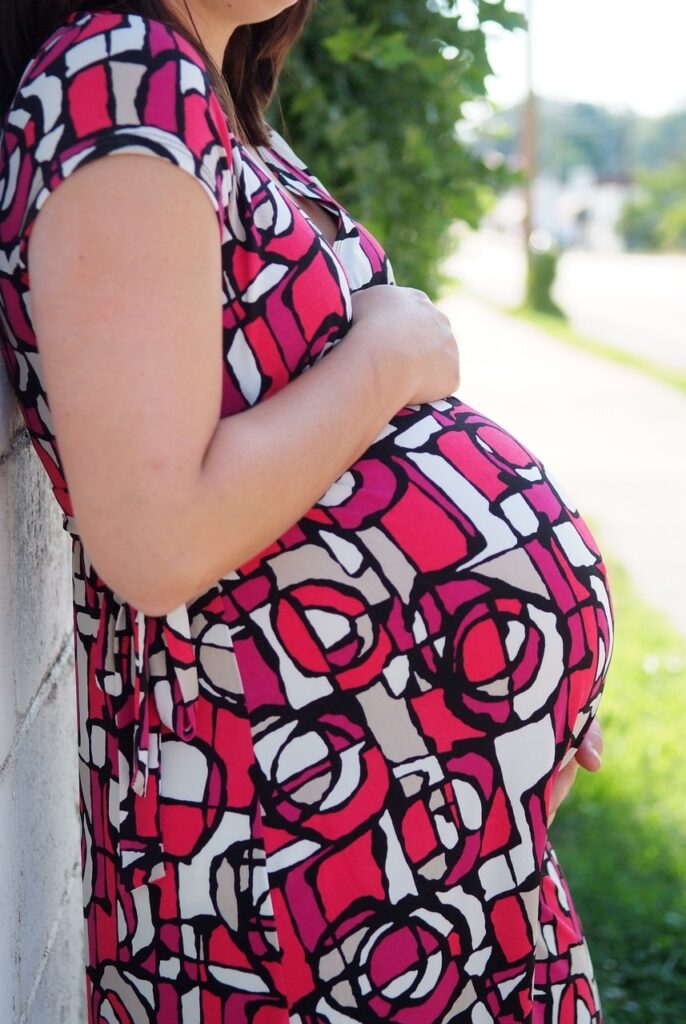Becoming a surrogate is a compassionate and selfless decision that requires careful consideration  and planning. It’s essential to prioritize the well-being of both the surrogate and any potential future pregnancies. One crucial aspect to consider is the appropriate waiting period a woman should observe after giving birth before embarking on her next surrogacy. This waiting period is vital for the surrogate’s physical and emotional recovery, ensuring a safe and successful surrogacy experience.
and planning. It’s essential to prioritize the well-being of both the surrogate and any potential future pregnancies. One crucial aspect to consider is the appropriate waiting period a woman should observe after giving birth before embarking on her next surrogacy. This waiting period is vital for the surrogate’s physical and emotional recovery, ensuring a safe and successful surrogacy experience.
The Postpartum Recovery Period
After giving birth, a woman’s body undergoes significant changes, both physically and hormonally. The immediate period after childbirth, known as the postpartum period, is a time of recovery and healing. During this time, the body adjusts to the changes brought about by pregnancy, labor, and delivery. It’s crucial to allow the body to heal and regain its strength before considering another pregnancy, especially one as demanding as surrogacy.
Typically, medical professionals recommend waiting at least six after a vaginal birth and 12 months after a c-section birth before attempting another pregnancy. This interval allows the body to fully recover and reduces the risk of complications associated with closely spaced pregnancies.
The Importance of a Waiting Period for Surrogacy
- Physical Recovery: The physical demands of surrogacy are substantial. A surrogate carries a child for another family, which can be emotionally and physically taxing. The waiting period after childbirth allows the body to recover from the stress of pregnancy and childbirth, ensuring the surrogate is in optimal health for the subsequent surrogacy journey.
- Hormonal Stability: Hormonal fluctuations that occur during pregnancy and childbirth need time to stabilize. Waiting for a designated period allows hormonal levels to return to baseline, promoting a stable and healthy environment for both the surrogate and any potential fetus during the surrogacy.
- Reducing Risks: A sufficient waiting period helps in reducing the risks associated with closely spaced pregnancies. It lowers the likelihood of preterm birth, low birth weight, and other complications that can arise when a woman doesn’t allow her body adequate time to recover between pregnancies.
- Emotional Well-being: It’s essential for the surrogate to have time to emotionally recover and bond with her own child(ren) before committing to a surrogacy journey, which can be emotionally intense.
Consulting a Medical Professional
The recommended waiting period may vary based on an individual’s medical history, overall health, and specific circumstances. It’s crucial for any woman considering surrogacy after childbirth to consult with a medical professional. A healthcare provider can evaluate her physical and emotional health, discuss any potential risks, and provide personalized guidance regarding the appropriate waiting period.
Prioritizing physical recovery, hormonal stability, and emotional well-being is vital in ensuring a successful and fulfilling surrogacy journey. Always seek advice from medical professionals to determine the ideal waiting period based on individual circumstances. If you are interested in becoming a surrogate mother, please contact us here at Shared Conception or you can call us at 713-622-1144.


Recent Comments